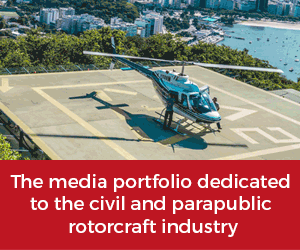Safran Helicopter Engines will begin deliberating the feasibility of producing aviation biofuels in southwest France, collaborating with Euralis, Teréga, ACD, Chemparc, Agri Aud Ouest Innovation, Xylofutur, CCI Pau Béarn, Pau and Pays de l’Adour.
A letter of Intent (LOI) has been signed and aims to evaluate local capabilities and skills in areas such as agriculture, chemicals and energy in order to produce and distribute sustainable aviation biofuels. The project is expected to benefit airports, air bases and industries with a new sustainable certified fuel source.
The project has been described as a necessary action towards carbon neutrality by 2020. Franck Saudo, CEO of Safran Helicopter Engines said, “Safran is committed to an industry that treats the environment with greater respect. Success in this ecological transition will evolve from expertise in several technologies…Our ambition to create this local biofuel source will satisfy the latter objective. And our engine test facilities will help us develop even more advanced alternative fuels.” The manufacturer is currently investigating other projects including hybrid-electric power, optimised turboshaft designs and alternative fuels.
Aerospace Valley President, Yann Barbaux commented, “Reducing air transport’s environmental footprint is a top priority for all of us in the Aerospace Valley group. Introducing non-fossil fuels will help us to achieve this objective and bring greater prosperity to our region.”
Biofuels emit less carbon from production to consumption than conventional kerosene, and agriculture is a vital part of the process in its creation. Euralis CEO, Christian Pèes stated, “Over ten years, in collaboration with our regional partners, we have developed the production of ethanol in southwest France. With this valuable experience, we are ready to commit to the creation of this aviation biofuel source.”
The Safran group is involved in almost all areas of aircraft production, therefore have the power to heavily influence the implementation of aviation biofuels. It aims to reduce its environmental footprint and make its engines compatible with alternative fuels by 2030-2035.








